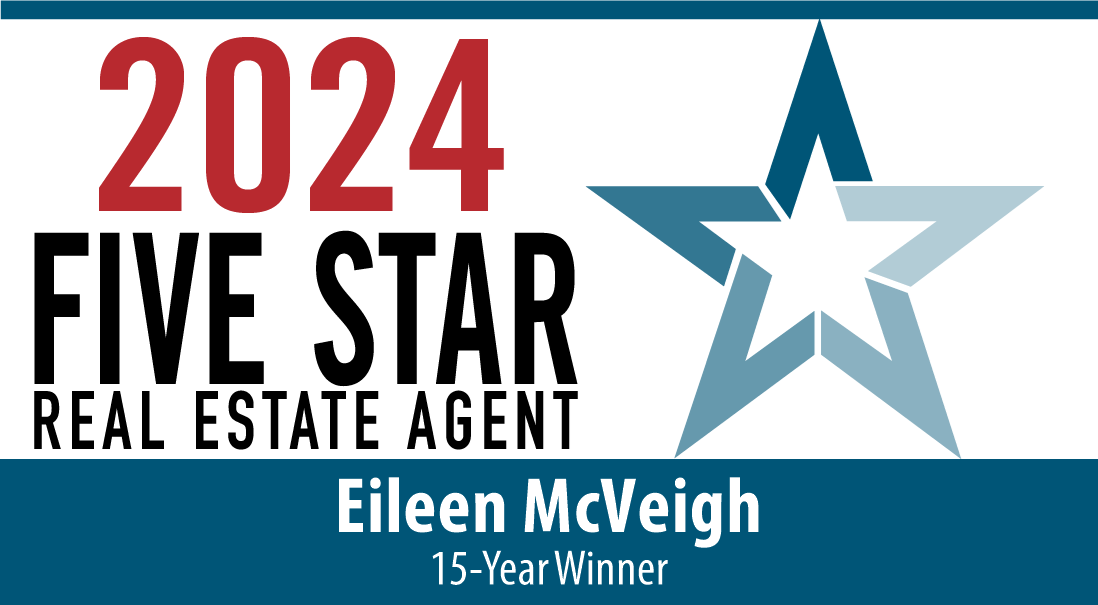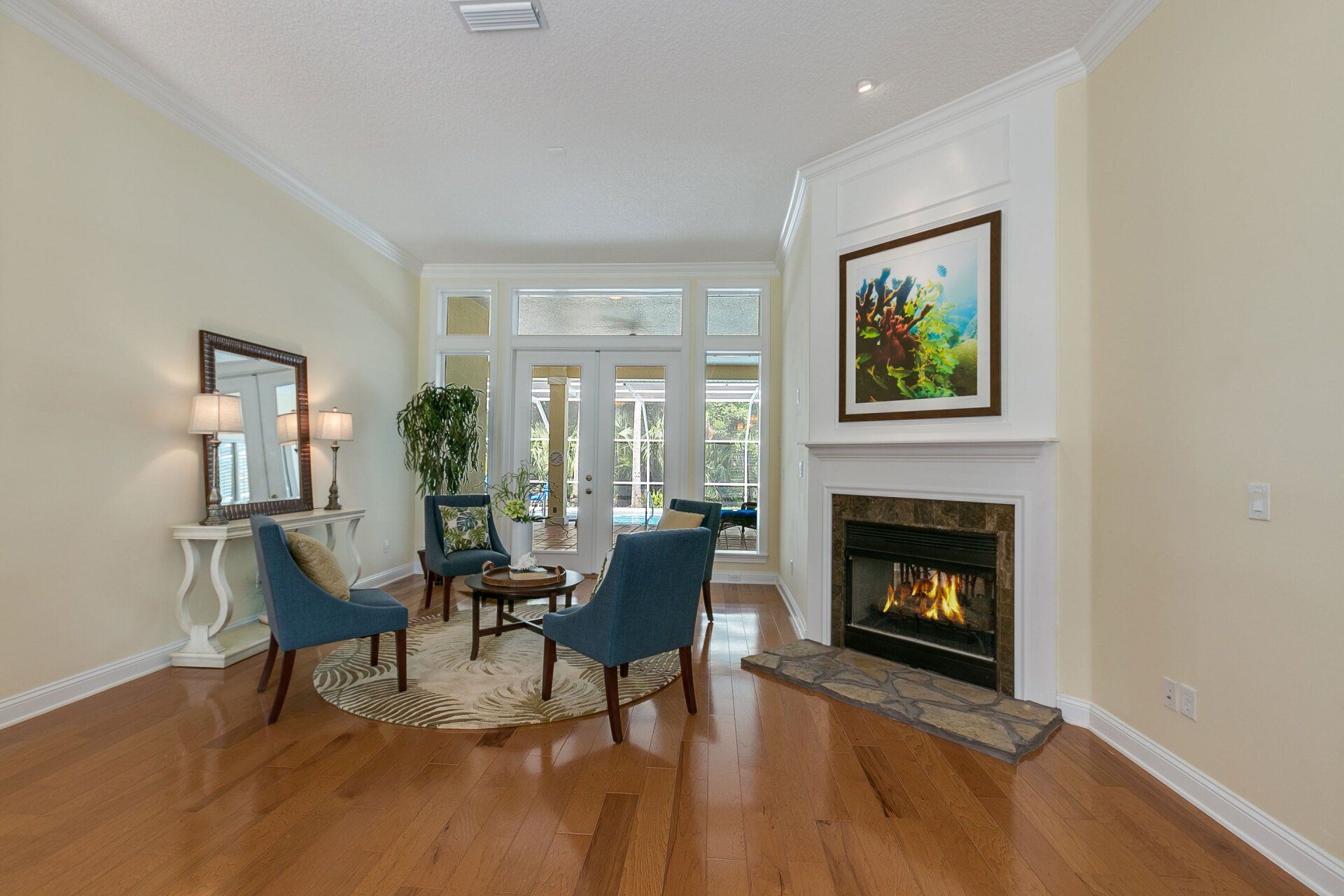Tips On Buying A Home
Tips On Buying A Home
Florida Home Buying Guide
Things to Know Before You Buy a Home in Jacksonville, FL
Get a Mortgage
Speaking to a mortgage banker or broker is the first step. This way we will know what price range of home we should look at. Looking at homes in the wrong price range will be unproductive and disappointing. Also, in order to make an offer on a home you will need a pre-qualification letter which the mortgage lender will provide for you. Not having this can result in your offer not being taken seriously.
Find Your New Home
We will look at home to find the right fit for you. Usually I start out by emailing you listings from the Multiple Listing System. This way when a new property comes on the market you’ll be among the first to know about it. As we actually go and look at homes; I’ll be pointing out the pluses and minus’. Will the home have good resale potential? What schools will the kids go to if we buy here? If we want to add a pool will a pool fit? And is the lot facing the right direction for a pool? (Most people prefer a western or southern exposure for maximum sun). And what are the neighborhood restrictions?
Finding the right home is a balance between finding what you like and making a good financial decision for you and your family.
Contract & Escrow Deposit (Binder deposit)
Once we’ve decided upon a house, we have to negotiate with the Seller. The terms of the contract will include how much you’re willing to pay, when you want to close and occupy the house, and what items will stay with the home; like the washer & dryer or pool equipment. Contracts can be anywhere from 10 to 20 pages long. I’ll make sure you understand what you’re agreeing to before you sign the contract.
The escrow deposit amount depends on the price of the home and what the seller will agree to take, in order to “take it off the Market” so other buyers can’t bid on the house. Usually the binder deposit will be somewhere between $1,000 and $5,000. If the home is over $500,000 the binder deposit can be significantly more money. This deposit will be held in an escrow account of an attorney, title company or real estate company until the closing. This money will be credited to you towards the purchase price of the house at closing.
The Home Inspection
We have a couple of home inspectors that we recommend who will help determine the condition of the property. Does the roof need to be replaced? Is the heating and air conditioning system working properly? How old are the appliances and hot water heater? Does the house have a termites (often referred to as a WDO or wood destroying organism inspection).
Once we know these things we can negotiate with the seller to repair them or walk away from the house and look for a new one.
Home inspections generally range from $300 to $600 depending upon the square footage of the property and if additional reports are needed for the insurance company. WDO reports are around $150.
The Home Appraisal
The bank or mortgage company wants to make sure that the home you are buying is worth what you’re paying for it. A licensed appraiser is hired by the bank to gen an “opinion” of value. This is based on what other homes have sold for in the neighborhood. Your contract is contingent upon the house appraising for the contract sales price. If it doesn’t you can ask the seller to lower the price of the home, bring more money to the transaction in your down payment or walk away from the house. The cost of an appraisal is around $400 to $500.
Insurance
Depending upon whether or not you’re buying a single family home or condo will determine what kind of insurance you will need. A single family home will need a homeowners policy and may need flood insurance. A condo will need just contents insurance much like a renters policy plus coverage for the parts of the home you own like the cabinets and appliances. The condo fee usually includes the insurance for the building and maybe a flood policy.
If the home is over 17 years old, your insurance company may want a 4.0 letter from the home inspector. This tells the insurance company whether or not the roof, HVAC system, electrical system and plumbing have been updated or not.
Another report the insurance company may want is a wind mitigation report. This tells the insurance company if the roof was put on in a way to reduce the amount of damage that would be suffered in a high wind storm or hurricane. If the roof does have this, you usually will get a reduced rate on your homeowners insurance.
Closing
Usually a few days before closing we will do a “walk through” of the home. This is to make sure repairs were made and to make sure the house is in the same condition as when we first looked at the home.
Then we attend the closing. You will have a chance to look over all the dollar figures that will be charged, with your lender. The closing will take place at a title company or attorney’s office. Closings usually take about an hour.
You will need to wire the monies required for closing to the account of the closing attorney or title company. Most companies will no longer accept a cashier’s check.
At this time you’ll get the keys and garage door openers too.
Phone: (904) 535-0544 | Address: 250 A1A North, Suite 500 Ponte Vedra Beach, FL 32082










